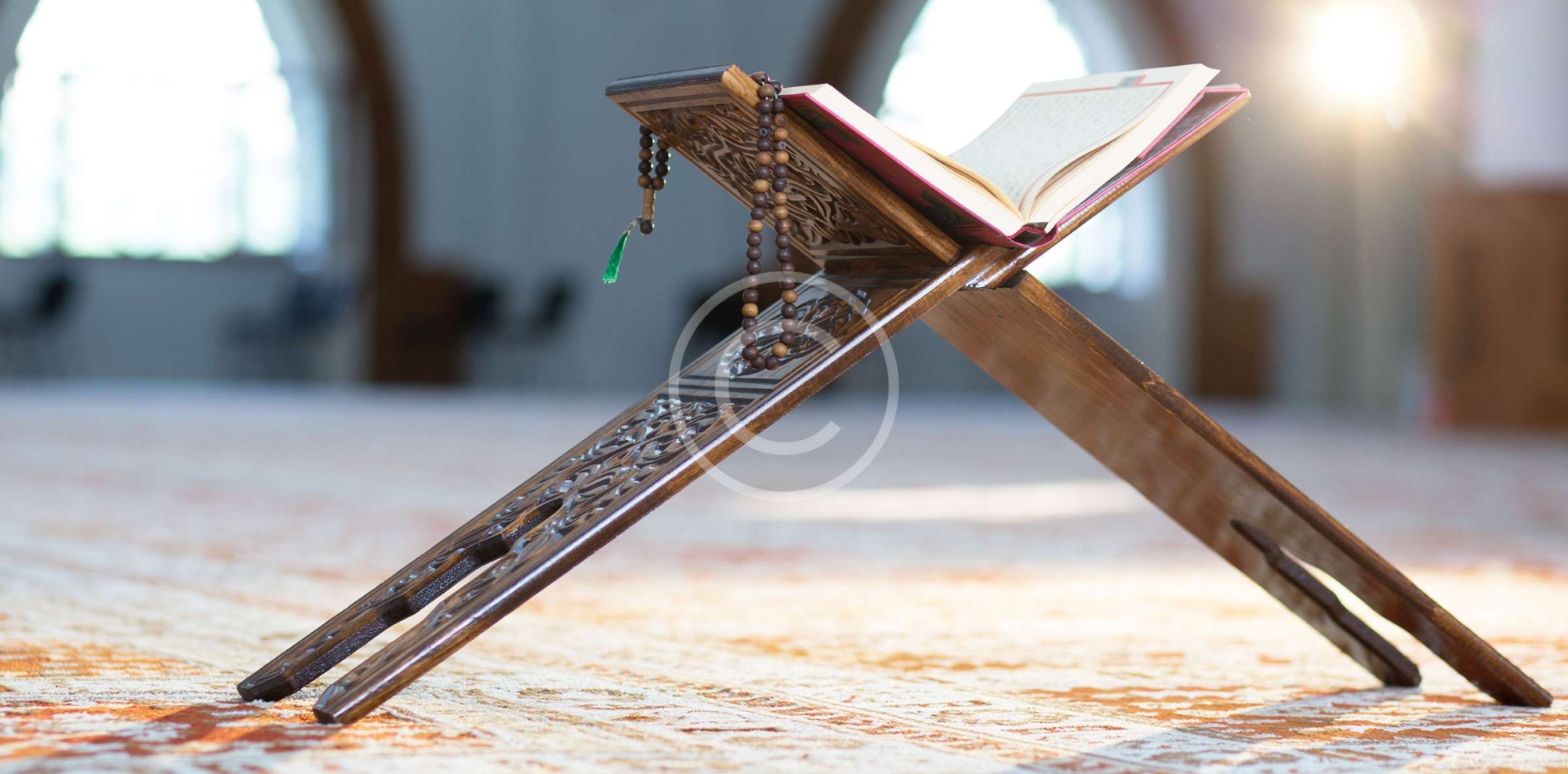
Islamic Funeral Ceremony
The Islamic funeral ceremony, known as Janazah, is a deeply spiritual and community-oriented process that reflects the principles of humility, respect, and the reality of returning to Allah. Islam places great emphasis on the dignified handling of the deceased, as it is a final act of service, compassion, and mercy toward the departed. Allah says in the Qur’an, “Every soul will taste death. Then to Us will you be returned” (Qur’an 29:57). This verse underscores the inevitability of death and the importance of preparing for it, both in life and in the respectful handling of those who pass away.
The Prophet Muhammad (peace be upon him) taught the essential rites of a Muslim funeral, beginning with Ghusl (washing) of the body. He instructed that the deceased be washed thoroughly with water and something purifying, such as leaves from a lote tree or camphor, and then shrouded in clean, simple white cloths (Sahih al-Bukhari 1253). This ritual signifies purification and equality before Allah, as all Muslims, regardless of their status in life, are shrouded in the same humble manner.
The next step in the funeral ceremony is the Salat al-Janazah (funeral prayer), a collective act of worship where the community gathers to pray for the forgiveness and mercy of Allah upon the deceased. The Prophet (peace be upon him) said, “If a Muslim dies and forty men, who do not associate anything with Allah, pray over him, Allah will accept their intercession for him” (Sahih Muslim 948). This emphasizes the importance of collective supplication and the role of the community in seeking Allah’s mercy for the departed soul.
After the prayer, the deceased is buried as quickly as possible, following the Sunnah. The body is placed in the grave with respect, usually on its right side facing the Qiblah (direction of prayer). The Prophet (peace be upon him) encouraged simplicity in burial, avoiding extravagance, and focusing instead on supplication and reflection. He said, “Visit the graves, for they will remind you of the Hereafter” (Sunan Ibn Majah 1569). This highlights the role of funerals and grave visits as a reminder of life’s transient nature and the ultimate return to Allah.
Islamic funeral rites also extend to comforting the family of the deceased, encouraging patience, and trust in Allah’s decree. The Prophet (peace be upon him) said, “Whoever consoles a bereaved person, Allah will clothe him with garments of honor on the Day of Resurrection” (Sunan Ibn Majah 1601). This act of compassion reflects the communal spirit in Islam, where the living support one another in times of grief.
Please note the following guidelines to help make your ceremony run smoothly:
- Timeliness: Arrange for the Ghusl, shrouding, and burial as soon as possible after the passing, in accordance with Islamic teachings.
- Community Involvement: Inform the local Muslim community promptly to allow for participation in the Salat al-Janazah. This ensures that the deceased benefits from collective prayers.
- Simplicity: Avoid extravagance in the funeral arrangements, as simplicity aligns with the Sunnah. Focus on fulfilling the essential rites with dignity and humility.
- Dua (Supplication): Encourage family and attendees to make dua for the deceased, asking for Allah’s forgiveness and mercy.
- Respect for Customs: Follow local Islamic traditions and consult knowledgeable individuals or scholars if guidance is needed on specific rites.
- Supporting the Bereaved: Offer emotional and logistical support to the family of the deceased, including organizing meals or helping with arrangements.
By adhering to these guidelines, the funeral ceremony will reflect the values of Islam, honoring the deceased while providing spiritual comfort to the family and community.

